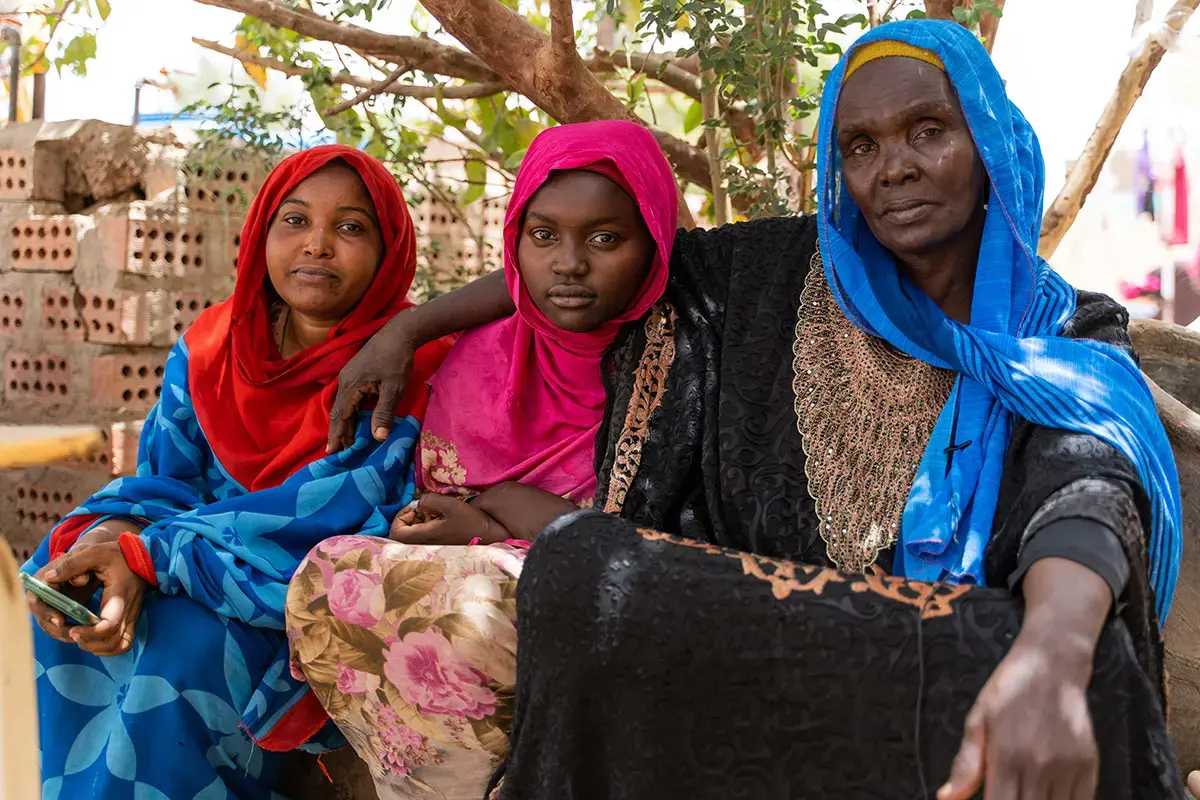Photo credit; 9 News
An estimated 1.1 million Australians are projected to be living with dementia by 2058.
Neos Kosmos reports that it has become a growing concern in the country. It is the second leading cause of death and the leading cause for women. Its impact on families, particularly within migrant communities, is profound.
Dementia Action Week (16-22 September 2024) encourages Australians to act immediately to prevent dementia in the near future. Health experts are also raising awareness of the increasing rates of dementia among first-generation migrants.
The Head Psychiatrist at Royal Melbourne Hospital’s Mental Health Clinic said, “We’re seeing more cases as older members of our community, especially first-generation migrants, reach advanced ages.”
A clinical neuropsychologist who specializes in dementia diagnosis, Dr Matt Staios, identified the challenges posed by standard diagnostic tests. The tests often lead to misdiagnoses when cultural, language, and educational factors are not considered. To address the issue, Dr Staios developed specialized diagnostic tools tailored for Greek migrants, which are now used in countries with significant Greek populations.
The new tools have proved effective in the early detection of dementia, helping both patients and 6their families make informed decisions.
According to Dr Staios, a rise in dementia cases is due to an ageing population and increased life expectancy.
Improved access to healthcare, better living conditions, and technological advances have contributed to longer lives. However, this longevity also brings increased medical challenges, including dementia.
The doctor highlighted that certain preventive activities can reduce the risk of developing the disease since there is no definitive cure for it. He said, “The Mediterranean diet, especially the Greek diet, as been shown to help prevent Alzheimer’s disease.” He also emphasized the importance of regular exercise, social connection, stress management, and quality sleep.







